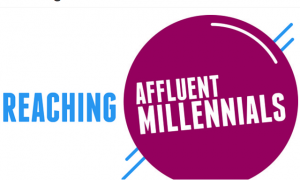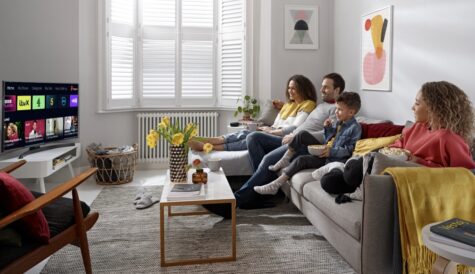BBC Advertising report questions perceptions about Millennials
 Traits associated with millennials – a key talking point at all TV industry conferences and a central feature in TV companies’ strategic thinking – only really apply to a small subset of that generation, according to the gloss put on research just published by BBC Advertising.
Traits associated with millennials – a key talking point at all TV industry conferences and a central feature in TV companies’ strategic thinking – only really apply to a small subset of that generation, according to the gloss put on research just published by BBC Advertising.
According to the report, Reaching Affluent millennials, there are sharp differences in behaviour and attitudes between the mass of millennials and a subset – about 16% – defined as ‘affluent’, with only the latter demonstrating the traits that have become the currency of industry debate.
In fact, the differences identified seem in fact to be relative rather than absolute, and in any case don’t straightforwardly conform to commonly held beliefs about millennials’ spending and media consumption habits at all.
For example, according to the report, affluent millennials have a stronger relationship with international news providers than social media-based news outlets. The BBC reaches 69% of affluent millennials on a monthly basis compared with between 18-24% for online news youth brands. Some 77% consider it important for news providers to provide editorial curation while 63% find international news providers useful for helping them to understand the world.
Some 73% of affluent millennials prefer brands to provide them with content vs. 59% non-affluent millennials, and 67% prefer it when a brand tells them a story vs. 57% non-affluent millennials. Some 74% of affluent Millennials agree that news stories from other parts of the world feel more relevant to them than they used to vs. 54% of non-affluent millennials, according to the data.
The report identifies a subset of affluent millennials it calls ‘supercharged’ millennials, which has been incorporated in advertising industry planning tool the Global Web Index. It said that the BBC has 87% total monthly brand reach with this group.
According to the report, affluent millennials are 36% more likely to consider themselves much more affluent than their equivalents in older generations. Some 78% says they do everything they can to help the environment and 72% would pay more for sustainable products vs. 57% of non-affluent millennials. Some 82% prefer brands that “give something back” to society against 67% of non-affluent millennials.
The study was carried out between August and September 2016 and comprised of over 3,000 interviews across 31 countries. The research also included interviews with affluent Millennials across seven markets – Australia, Germany, USA, Canada, India, Singapore and South Africa – conducted by Voxpopme.



